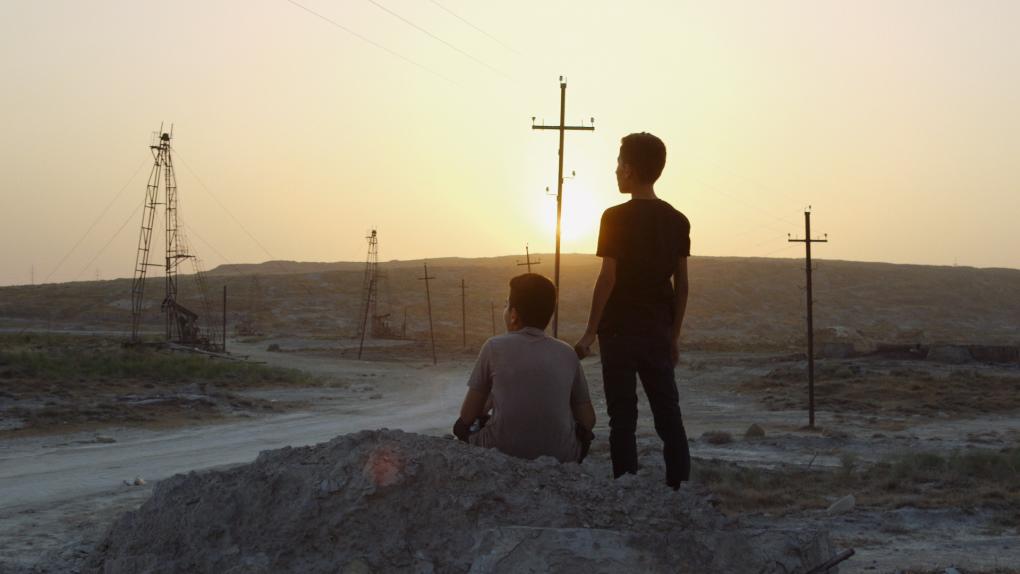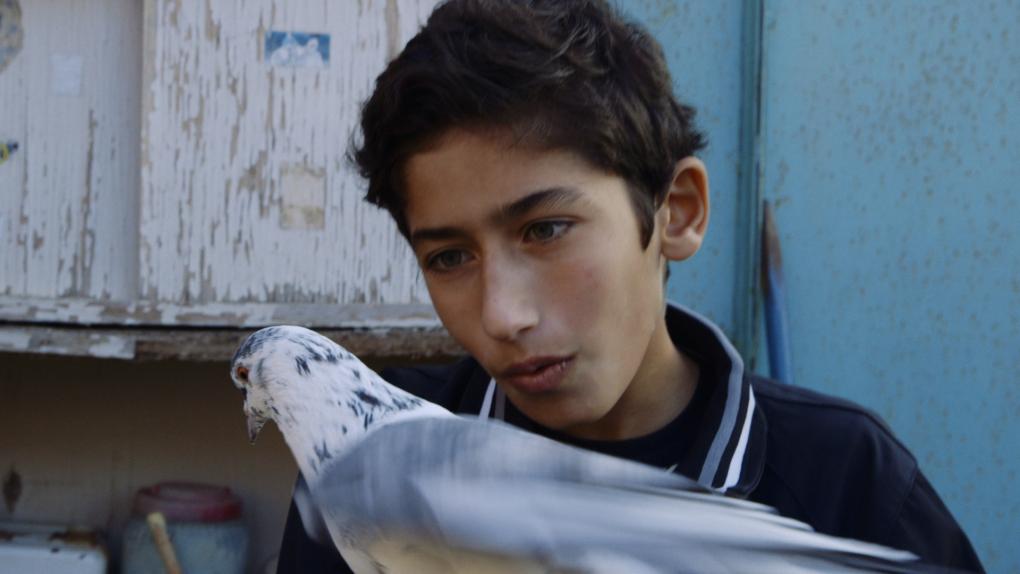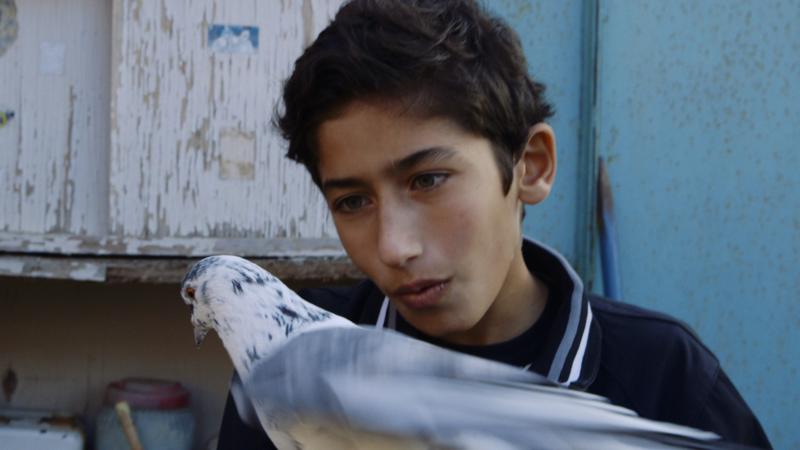
Simon Lereng Wilmont thrives at children’s eye level. A single glance at his filmography makes that clear.
The director made a splash on the documentary film scene two years ago with his first feature-length documentary, 'The Distant Barking of Dogs', about a 10-year-old boy in war-torn Ukraine. The film made the festival circuit and won distinguished prizes, among them the 2017 IDFA Award for Best First Appearance.
Before that, in 2014, he made two short documentaries, 'Chikara – The Sumo Wrestler's Son' and 'The Fencing Champion', respectively about a Japanese and a Danish boy from the world of martial arts.
His latest film, 'Bird Boy', sees the director returning to a child’s universe in the figure of Reshat, a 12-year-old boy living among oil wells in the barren desert of impoverished Baku, Azerbaijan. Not that the director isn’t interested in grownups.
He just thinks that children are particularly good at talking about big, complex emotions of the kind he strives to capture in his documentary portraits.
"That’s one of the things I find fascinating about working with children," says the director, who continues to be amazed at how clearly, and often poetically, younger people express their inner lives and emotions.

"Children have a much shorter path to emotions than grownups do," he says. "Children have a purity and transparency compared to grownups, who carry all sorts of emotional baggage and vanity."
High-protein films for children
This characterisation of children as emotionally forthright also holds true for 'Bird Boy', which follows Reshat, as he openly, even curiously, copes with the grief of losing his father by taking a growing interest in his father’s favourite animals: birds.
The film is part of a series entitled 'Kids on the Silk Road', 15 short documentaries about children and young people living on the ancient trade route between China and Europe.
Launched by Toolbox Film and director Jens Pedersen to connect children from different cultures, the project is tailor-made for Lereng Wilmont, who is preoccupied with the idea of making artistic documentaries with a global outlook that matter to young viewers.
"I think children are just about the most important audience you could make films for. And I think it’s important that they, too, get a chance to watch stories about children from other cultures that may be quite different than the usual media fare they find for themselves. Just as they want to have fast food once in a while, they also need something that’s high in protein," Lereng Wilmont says.
Take children seriously
The director’s last feature, 'The Distant Barking of Dogs', about the life of a young boy in a war-torn land, is exactly such a "high-protein" documentary.
With its slow pace, poetic observational style and heavy subject matter, the film is not your typical children’s film. Even so, scores of children have watched the film in a slightly shortened version which doesn’t sacrifice the style, theme or pace of the full-length film.
"I believe children are perfectly capable of being engrossed in a film like this, since they are just as concerned about aesthetics as adults are. We need to take children seriously and not just assume that they prefer something light and fast-paced," says the director, who is convinced that today’s children want more than fast-paced entertainments and snappy YouTube clips.
"I think the industry and the market forces are wrong in assuming that children won’t spare the time to watch so-called artistic films. The market forces tell us that’s how it is. But I don’t think so," the director says.
The language of emotions
Lereng Wilmont wants to make quality films for children, but he doesn’t actually aim for that particular audience when he makes a film.
"I’m very aesthetically oriented. I simply make the kind of film I like myself," he says. He was drawn to Azerbaijan by the thought of the poetic images he could make on the backdrop of the oilfields and barren deserts.
The reason children are captivated by his films may be because he takes both them and his protagonists very seriously. And because, like them, he has the ability to articulate big, complex emotions in simple, poetic images that children can relate to.
"The chief focus for me is to tell universal stories we can all see ourselves in. The reason my films hit home with children is probably because I pick stories that speak to them, and because I strive to explain difficult emotions in a language they can understand. At least I hope they do."


